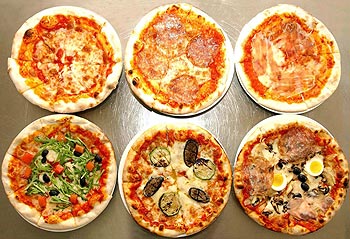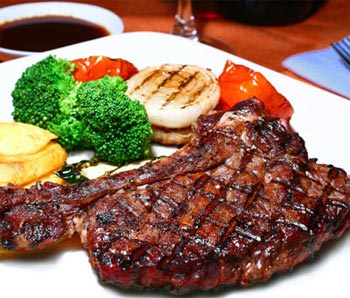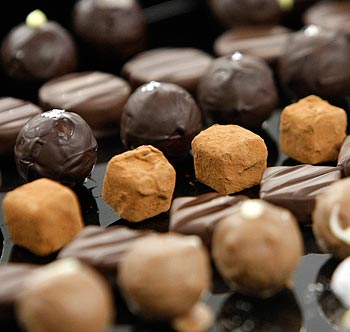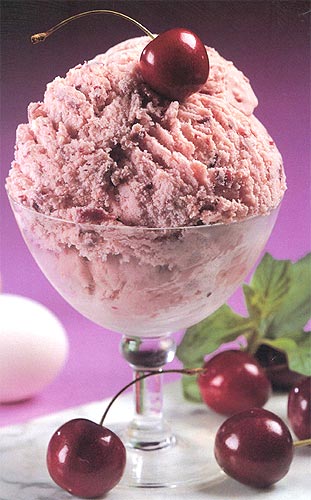
Fats, also called lipid, play a vital role in promoting healthy cell function, maintaining body temperature and maintaining healthy skin and hair. Fats also serve as energy stores for the body, containing nine kcal per gram of fat which is double the amount of calorie you can get from proteins or carbohydrates (four kcal/gm). It is also essential for brain development and production of cholesterol in the liver. However, when the fat level in the body exceeds the normal level, it is associated with health complications such as obesity, high blood pressure and heart diseases.
Conventional wisdom states that all high-fat foods contribute to cardiovascular risks, promote arteriosclerosis, and contribute to obesity. As with many oversimplifications, this is wrong. All fats are not equal. Fat can be categorised as good fat and bad fat.
Good fat: This includes unsaturated fat like polyunsaturated fat and monounsaturated fat. Polyunsaturated and monounsaturated fatty acids are suggested to lower low-density lipoprotein (LDL) cholesterol or "bad" cholesterol. Both types are predominantly found in plant products. Examples of polyunsaturated fat food sources include soybean, sunflower, fish and corn oils. Monounsaturated fat is found in high content in olive, peanut, and canola oils.
Bad fat: This includes saturated fat and trans fat. Saturated fats are known to raise cholesterol levels, increasing the risk of heart disease and stroke. They may also increase the risk of certain cancers. Trans fats, in addition to raising levels of bad (LDL) cholesterol, they also decrease your good (HDL) cholesterol. Many researchers also suspect that trans fats increase the risk not only for heart disease, but also for type 2 diabetes, colon cancer, and breast cancer. Major sources of saturated fat are animal food-based products. Trans fat is found in small amounts in various animal products such as beef, pork, lamb and in butter and milk.
Several studies indicate that replacement of food high in saturated fatty acids with polyunsaturated or monounsaturated fat rich foods reduces the total cholesterol and low density lipoprotein (LDL) cholesterol.
But what are the foods that are rich in saturated or bad fats are? Here's a look:
Pizza
Pizza is junk food that is tasty as well as filling. People readily go for it not knowing that just one slice of a medium-size pizza holds 350 to 500 calories. Pizza base which is made up of maida (refined wheat flour) contains only calories and no other nutrients. Then there is the cheese, which is a milk product high in saturated fat, rich in protein but gives lot of calories. Extra toppings with paneer, chicken or cheese increases the saturated fat content.


All meats have high amounts of fat, but fish and chicken are considered healthier options. Most pork and beef products contain at least 20-30 per cent of saturated fat (the bad fat) in it.
Though egg is considered a good source of protein, egg yolk contains high amounts of saturated fat and cholesterol.
Most fish are lower in saturated fat than meat. Some fish, such as mackerel, sardines, and salmon, contain omega-3 fatty acids that offer protection against heart disease.

Chocolate is energy dense, which means it contains comparatively high levels of kilojoules for its weight, approximately 2,200 kJ per 100gm. About 60 per cent of chocolate's fat is saturated, and a typical chocolate bar contains 8 grams of saturated fat, so bingeing on chocolate drives up your intake of saturated fat. Regularly eating energy dense food is perhaps the fastest way to gain excess weight, but it would be wrong to say that regularly eating chocolate will lead to obesity.
Opt for dark chocolate whenever you have a craving, since it is rich in antioxidants. These antioxidants help in fighting against premature aging and heart diseases.

These are the most common tea-time snack in any Indian household. But the problem is that these foods absorb a lot of oil during frying which directly deposits in our body and leads to obesity. Most of the oils in which these snacks are fried contain a minimum of 13-19 per cent saturated fats. Safflower or sunflower oils have less amounts of saturated fat, so choose those instead.
A much better option would be avoiding the deep fried foods and choosing healthy snacks like roasted channa (chick peas), fruits, multi-grain biscuits, etc.


Pastry is the name given to various kinds of baked goods such as small cakes, tarts and other baked desserts. Pastry is distinguished from bread by having a higher fat content, which contributes to a flaky or crumbly texture. Ingredients for basic pastry preparation are maida (refined flour), butter/shortening, baking powder, cream or eggs which makes pastries high in saturated fat.
In addition to this, the various new choices of pastries like choco fudge, pineapple pastries, etc containing other ingredients like chocolate and caramel again give rise to bad fats. Because of the high saturated fat in pastries, regular consumption of pastries should be avoided.

Yummy is the first word that comes to mind when you think of ice cream. But does the fact that they are filled with bad fats come into our mind? Traditionally, ice cream is made with heavy cream loaded with saturated fat. Low-fat ice creams are a healthier choice since they are low in saturated fat, but they can still be high in calories.
Gelato is one of the best options available because it has less air whipped into the product than traditional ice cream. More importantly, it is usually made with milk instead of heavy cream.

Cold coffee, unfiltered coffee such as French press coffee and espresso are rich in fat due to the whole milk and cream mixed in. They also have the ability to raise cholesterol levels because of the oil called terpenes found in coffee.
Milkshakes too contain whole milk and cream which are high in saturated fats. Also, because it is liquid in nature, it needs more sugar. A galss (150ml) of whole milk has six grams of fat, 100 ml cream has 10-12 grams of fat.
So while it's alright to indugle once in a while, don't make it a habit.

Cookies are high in sugar as well as in fat and calories. Most cookies are made either from butter or margarine, both being high in bad fat. Butter contains both saturated fats and cholesterol, the two dietary ingredients that increase blood cholesterol, whereas, margarine is loaded with trans fat. These trans fats are the stiffer and harder fats, which if eaten in large amounts contribute in clogging the arteries thus leading to heart problems.
Although reducing dietary fat is important, eliminating all fat from your diet is not healthy. Dietary fat is an integral source of energy for the body and it also aids the body in absorbing vitamins. It's important for proper growth, development and keeping the body healthy. The body cannot produce fat on its own; it must be provided through dietary intake.
So, while you should enjoy some fats in your diet (particularly monounsaturated fats like in olive oil). The key is moderation not elimination.